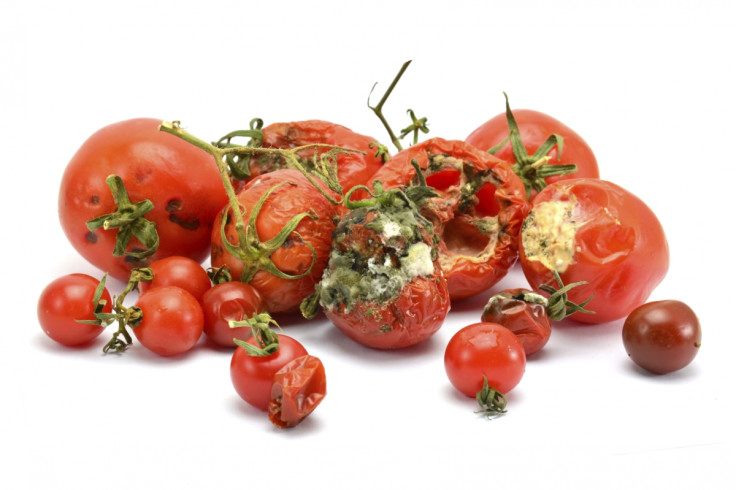Renewable energy: Rotten tomatoes turned into electricity by scientists

Tomatoes unfit for sale have been turned into electricity by scientists. While they were only able to generate 0.3 watts of electricity in their experiment, the team believes the concept could be scaled up – so much so that Florida's annual tomato waste could be used to power Disney World for 90 days.
A team from the South Dakota School of Mines & Technology and Princeton University carried out a pilot project and presented their findings at the 251st National Meeting & Exposition of the American Chemical Society (ACS).
Florida produces huge quantities of tomatoes each year, so much so that 396,000 tons ends up as waste. At present, there is no effective means of disposing of the discarded tomatoes. Often, it ends up in landfill, where it can produce methane (a greenhouse gas), or in water bodies, where it can cause water treatment problems.
Scientists Venkataramana Gadhamshetty and Alex Fogg sought to solve this problem. They developed a microbial electrochemical cell that can turn tomato waste into an electric current.
0.3 watts from 10 milligrams of tomato
"Microbial electrochemical cells use bacteria to break down and oxidise organic material in defective tomatoes," said Namita Shrestha, who works on the project. The oxidisation process releases electrons captured in the food cell to become a source of electricity. Researchers found the pigment in tomatoes is very effective at encouraging the generation of electrical charges from the fruit.
They were able to generate 0.3 watts of electricity from 10 milligrams of tomato waste. While this is a very small amount, the researchers said they are confident of being able to scale-up the technology. Shrestha said their calculations indicate that with an optimised biological fuel cell, the annual tomato waste generated by Florida could power Disney land for almost three months.
However, they are not there yet: "Our research question at this time is to investigate the fundamental electron transfer mechanisms and the interaction between the solid tomato waste and microbes," Gadhamshetty said.
© Copyright IBTimes 2025. All rights reserved.






















